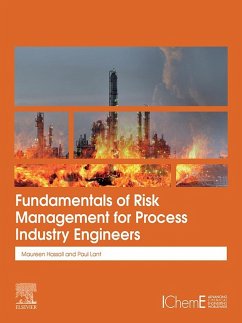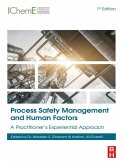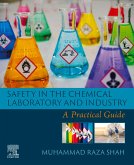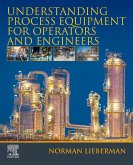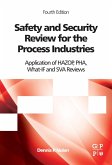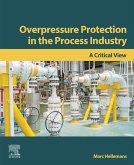- Covers the foundations of risk management
- Explains how risk management and professional engineering practice are interrelated
- Describes the role and importance of humans in risk management activities
- Discusses the fundamentals surrounding how to identify, assess, treat, monitor, and review risks in high hazard industries
- Presents the range of operational risks faced by process companies, including safety and health, environmental and social risk, project risk, and supply chain risk
Dieser Download kann aus rechtlichen Gründen nur mit Rechnungsadresse in A, B, BG, CY, CZ, D, DK, EW, E, FIN, F, GR, HR, H, IRL, I, LT, L, LR, M, NL, PL, P, R, S, SLO, SK ausgeliefert werden.

